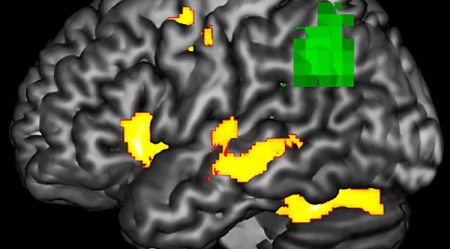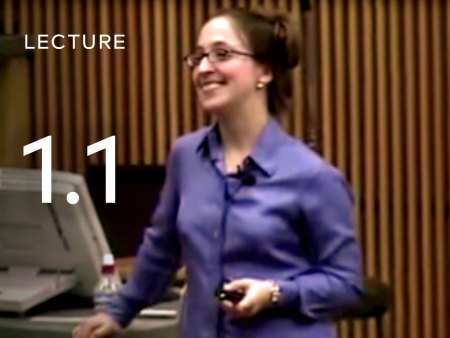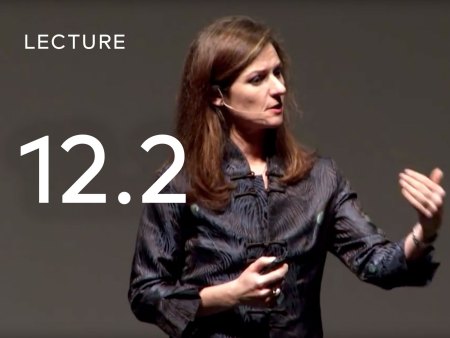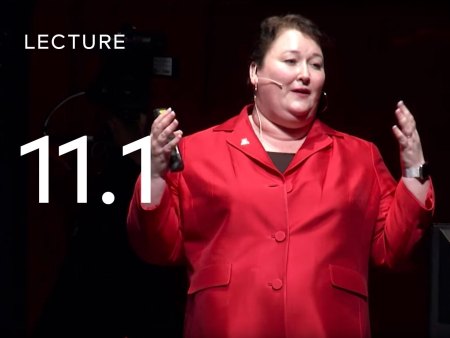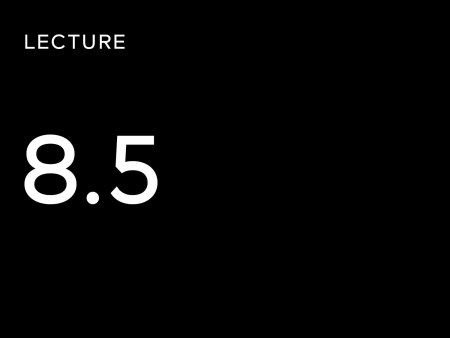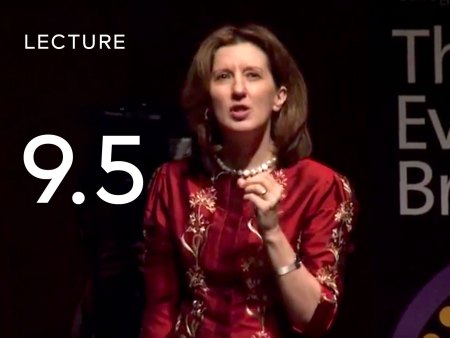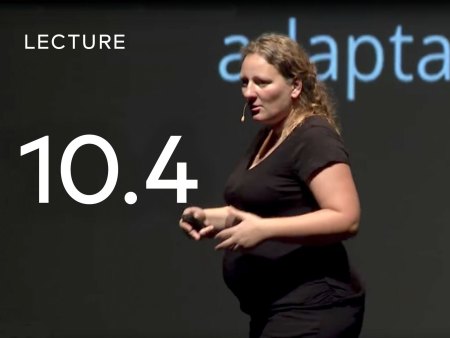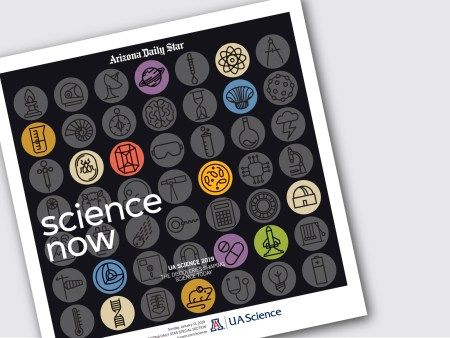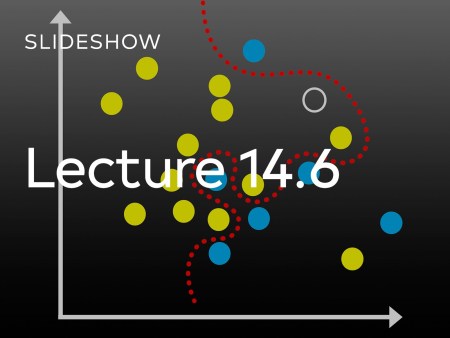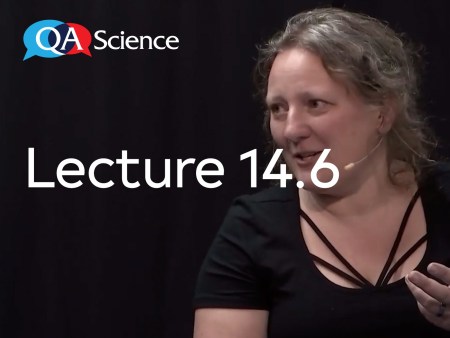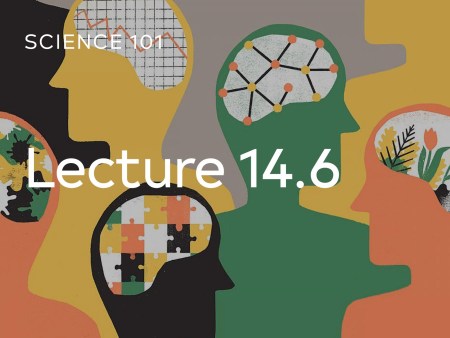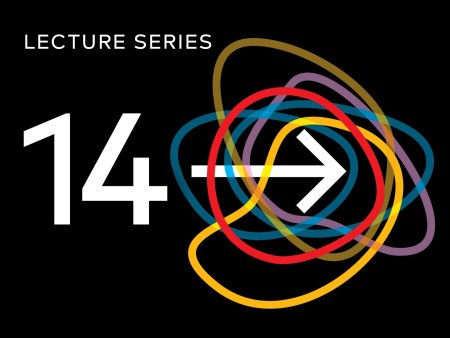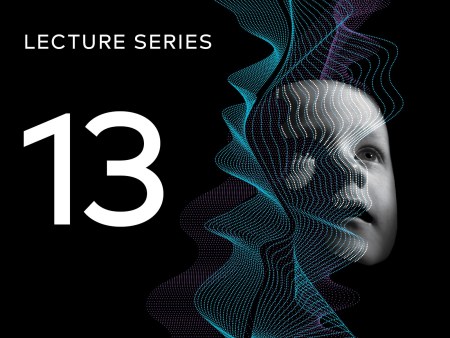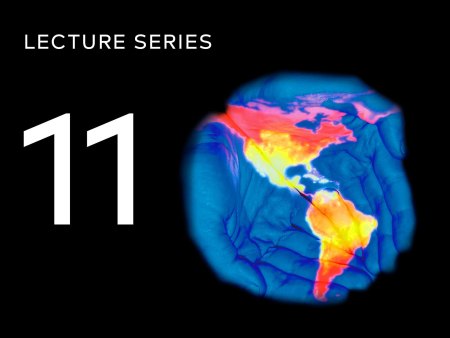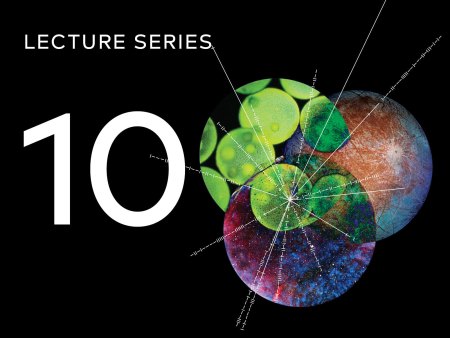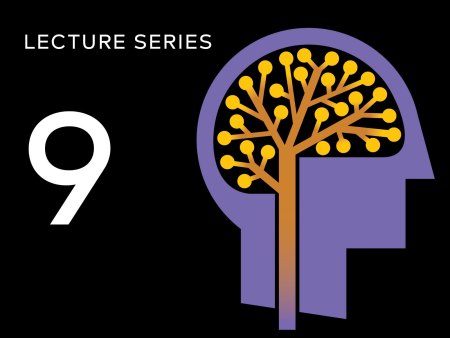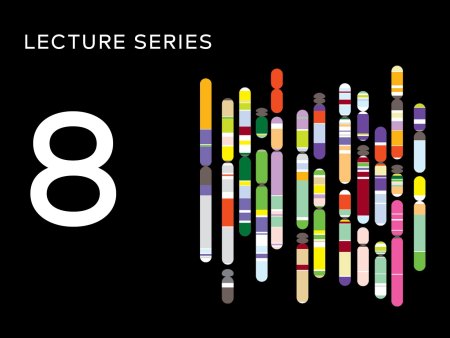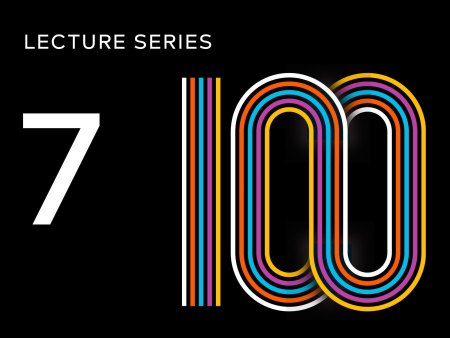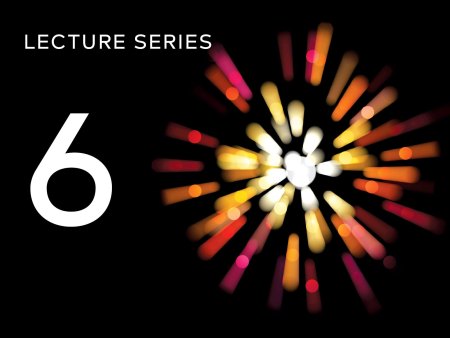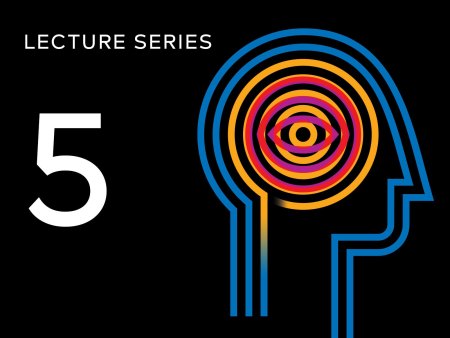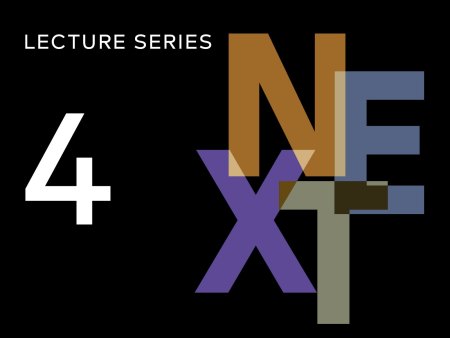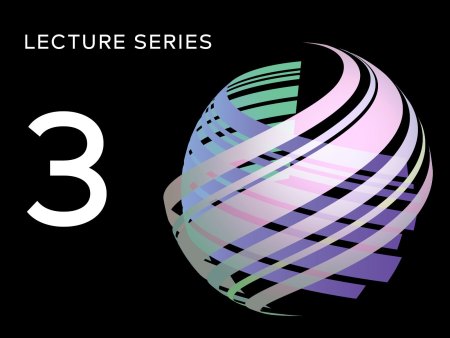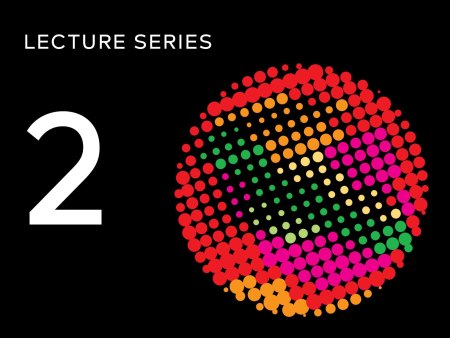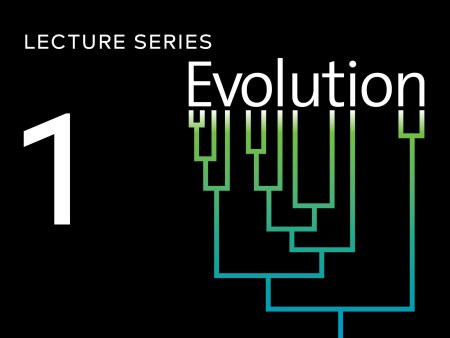Home
Featured Content
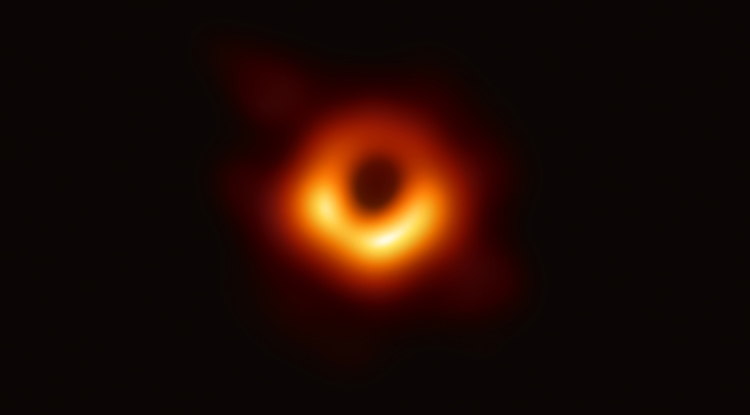
Chasing Einstein’s Shadow: UA Helps Capture First Image of a Black Hole
With the help of two radio telescopes coordinated by the UA, astronomers in the Event Horizon Telescope collaboration have taken the first direct image of a black hole, a prediction of Einstein’s General Theory of Relativity.
2019 Lecture Series
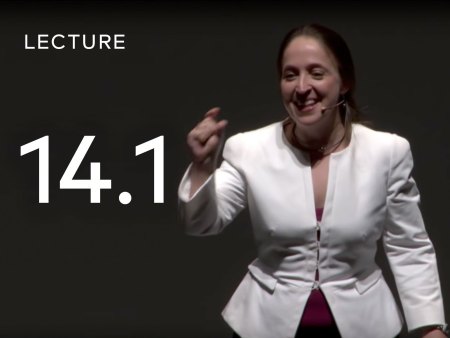 T
T There Is No Certainty
Not every scientific study gets the answer right. How much should we rely on mining Big Data, which gives less reliable answers than gold-standard experiments? Are randomized experiments too difficult, expensive or unethical to conduct? Or does the human desire for certainty predispose us to an irrational dislike of randomized experiments, one that might be holding science back?
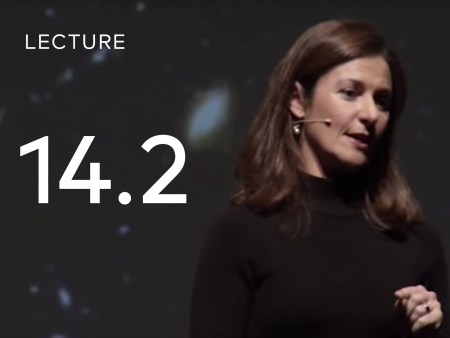 U
U Understanding the Unseen Universe
Astronomical observations constantly grapple with the unseen. More powerful telescopes and bigger computers lead to discoveries but also present us with enigmas like dark energy, dark matter, black holes, big bang, and perhaps even a Planet Nine, none of which are directly observable. The paradigm will continue to evolve as new evidence comes into light.
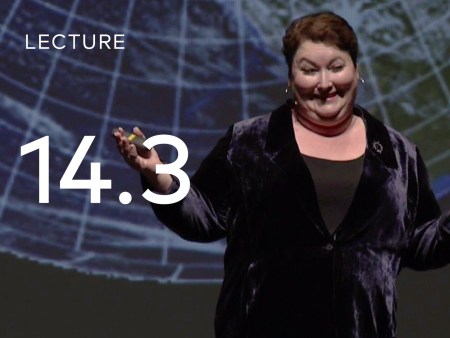 C
C Climate and the Deep Blue Sea
Global warming is really ocean warming, and we measure it directly with an array of floating robots. Earth system science has transformed our ability to measure and model heat and carbon changes in the atmosphere and ocean. Verification of global carbon agreements are the next frontier for our floating robots and climate models.
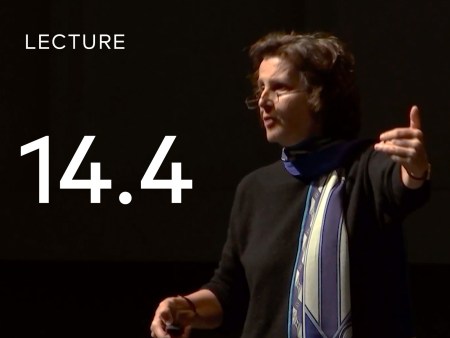 T
T The Microbes Shaping Our Lives
Microbes have been traditionally seen as foes that need to be eliminated. Now we are realizing that the millions of microbes we harbor are essential for our health and influence virtually all our characteristics: our immunity and our blood pressure, our weight and our cognition and possibly even our mood. The discovery of the microbial world has just begun but is already revolutionizing biology and medicine.
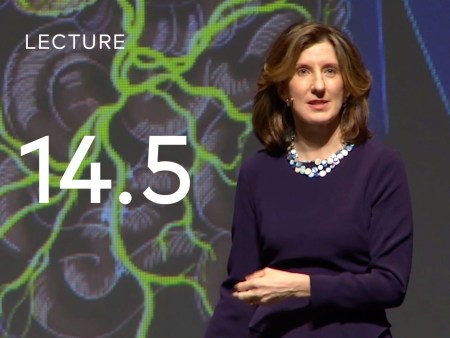 T
T The Mind-Body Dialogue
The organs of the body and the brain are in a constant conversation. Recently we learned that this conversation is bidirectional. It is widely accepted that thoughts and feelings cause changes in the body, but we are just starting to understand how changes in the body influence the mind. Health and disease can be better understood through the exchange of biological signals between the brain and the body.
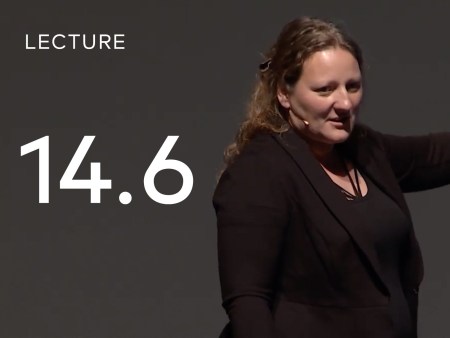 C
C Can Intelligence be Measured?
Is ‘intelligence’ a set of decentralized, independent problem-solving modules, or a singular, generalized skill of innovation? Much about the workings of the mind, especially the minds of others, is not intuitive and thus understanding it requires strict scientific approaches. Controversies abound about the how complex, and how big, a brain needs to be to have intelligence emerge.
Recent News
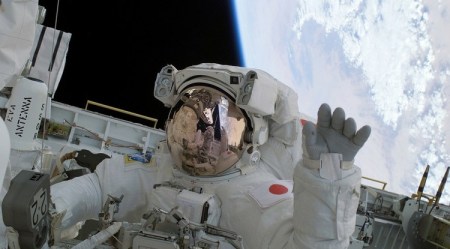 U
U UA College Partners With Space Tango to Test Diagnostic Tool in Space
Researchers at the UA College of Medicine – Phoenix are partnering with Space Tango, a private aerospace company that designs, builds and operates facilities on the International Space Station, to develop an easy way to test astronauts’ health in space.
Featured Article
 G
G Greenland’s Southwest Ice Sheet Particularly Sensitive to Warming
The ice fields of southwest Greenland are becoming particularly sensitive to a climate cycle called the North Atlantic Oscillation and will become a major contributor to sea level rise as global warming progresses.
Previous Lecture Feature
Editor’s choice
Newsletter
Join the Network
Lecture Series Extras
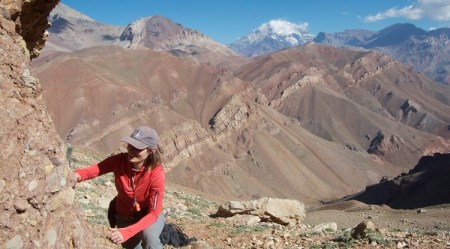 C
C Climate, grasses and teeth: the evolution of South America mammals
Armadillos as big as Volkswagens and other grass-eating mammals became more diverse in South America about 6 million years ago because shifts in atmospheric circulation dried the climate and drove expansion of grasslands, a UA-led team reports.

